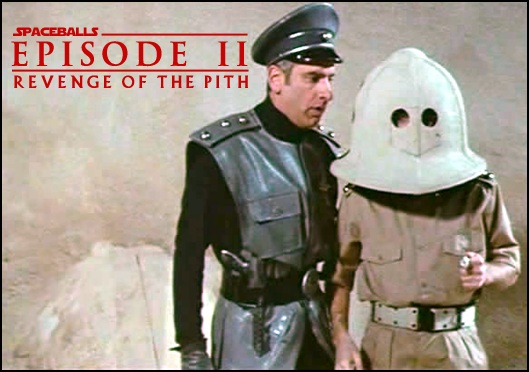So, what is a Paleontologist?
by Matthew Greuel (01.28.09)
"Start talking paleontology, dinosaurs and other fossils, and often certain images pop up: men in laughably clean khakis and pith helmets removing bones with paintbrushes at digs in remote and exotic desert locations.
 Jim Jensen with Supersaurus scapulocoracoid (Jensen 1985). Khakis? ✓ Pith helmet? ✓ Paintbrush? ✓ Remote/exotic location? Depends on your definition of Colorado. I give a partial check.
Jim Jensen with Supersaurus scapulocoracoid (Jensen 1985). Khakis? ✓ Pith helmet? ✓ Paintbrush? ✓ Remote/exotic location? Depends on your definition of Colorado. I give a partial check. Scientists tell us that a paleontologist is someone who studies fossils, the remains of long-dead animals.
The Society of Vertebrate Paleontology defines a paleontologist as “a person who studies fossils … Fossils are any naturally occurring objects that tell us about ancient life. They can be bones, teeth, shells, leaf impressions, footprints, insects trapped in amber, or any number of other sorts of things.”
However, what does it really mean to be a paleontologist?
Paleontology, like many other sciences, is a combination of skills and disciplines. Geology, chemistry, biology, botany, math and engineering are among the dominant disciplines.
Fossils are a large and very important chapter in the history of Earth, telling us about different environments and changes that have occurred. Paleontologists use these disciplines to help read fossils and ancient landscapes – read the stories and information they hold, and interpret them and what they mean.
One of, if not the most well known fossil that paleontologists study are dinosaurs. Dinosaurs can be considered a gateway fossil: They have unparalleled power to capture imaginations, especially the imaginations of children, and lead to interest in and study of other sciences.
Think back to when you were young – did dinosaurs not evoke some kind of response? Totally change what you thought is possible in the world? Maybe give you a nightmare or two?..."
Keep reading here.

Original article © Vernal Express; photo1 from SVPOW and Jensen, James A. 1985. Three new sauropod dinosaurs from the Upper Jurassic of Colorado. Great Basin Naturalist 45 (4): 697-709; photo2 from Apropos of Something.
1 comment:
Last year I learned in a keynote lecture on molecular paleobiology, given by Kevin Peterson, that a paleontologist not necessarily studies fossils, i.e. something excavated from earth.
He advocated the inclusion of all sorts of scientists studying deep time problems in evolutionary biology, also those phylogeneticists dealing with molecular data who use fossils merely for obtaining calibration ages.
Post a Comment